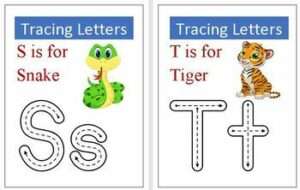
Kindergarten worksheets offer numerous benefits for children, fostering their development across various domains. Here are some key advantages of using kindergarten worksheets:
1. Cognitive Development:
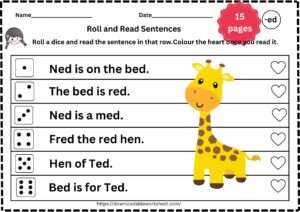
Kindergarten worksheets stimulate cognitive skills in young children. They help develop essential thinking skills such as problem-solving, critical thinking, and decision-making. Worksheets often include activities that require children to identify patterns, classify objects, and solve puzzles, promoting cognitive growth and logical reasoning abilities.
2. Literacy Skills:
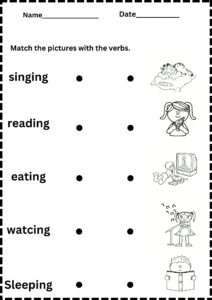
Worksheets designed for kindergarten children focus on building foundational literacy skills. They introduce letter recognition, letter formation, phonics, sight words, and vocabulary development. By engaging in activities like tracing letters, matching sounds, and completing word exercises, children enhance their reading readiness and language skills, which are crucial for future academic success.
3. Numeracy Skills:
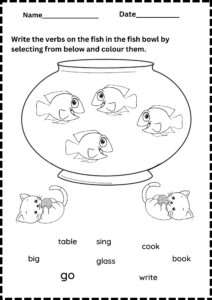
Kindergarten worksheets also play a vital role in developing early math skills. They introduce basic math concepts such as counting, number recognition, numeral formation, simple addition and subtraction, shapes, patterns, and measurements. Engaging with these worksheets helps children understand numerical concepts, improve their number sense, and develop problem-solving skills.
4. Fine Motor Skills:
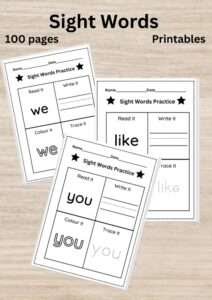
Many kindergarten worksheets involve activities that enhance fine motor skills. Through tracing, coloring, cutting, and pasting, children improve their hand-eye coordination, grip strength, and control over small movements. These skills are essential for tasks like writing, drawing, and using tools effectively, setting the stage for future academic achievements.
5. Independence and Focus:
Completing worksheets encourages children to work independently and concentrate on specific tasks. They learn to follow instructions, complete assignments, and stay focused for extended periods. Worksheets also help children develop a sense of accomplishment and build confidence as they successfully complete each activity.
6. Creativity and Imagination:
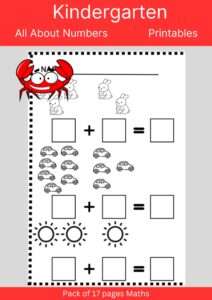
While worksheets often provide structured activities, they can still stimulate creativity and imagination. Many worksheets incorporate coloring, drawing, and creative problem-solving tasks. These activities allow children to express themselves, think outside the box, and develop their artistic abilities.
7. Social Skills:
Worksheets can be utilized in group settings, promoting social interaction and collaboration. Group activities involving worksheets encourage children to communicate, share ideas, and work together. They learn to take turns, listen to others, and develop essential social skills that are valuable for their overall growth and future interactions.
8. Parental Involvement:

Kindergarten worksheets serve as valuable tools for parental involvement in their child’s learning journey. Parents can work with their children on worksheets, providing support, guidance, and reinforcement. This involvement fosters a strong bond, enhances parent-child communication, and creates a positive learning environment at home.
In conclusion, kindergarten worksheets offer a wide range of benefits for children. They support cognitive development, literacy and numeracy skills, fine motor skills, independence, focus, creativity, imagination, social skills, and parental involvement. By incorporating well-designed and engaging worksheets into a kindergarten curriculum, educators and parents can effectively support children’s holistic growth and prepare them for future academic challenges.




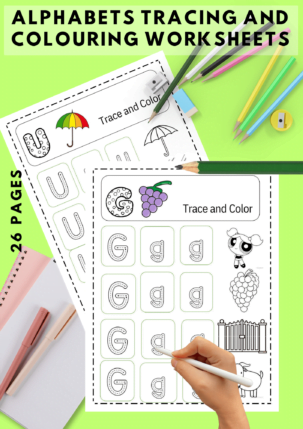


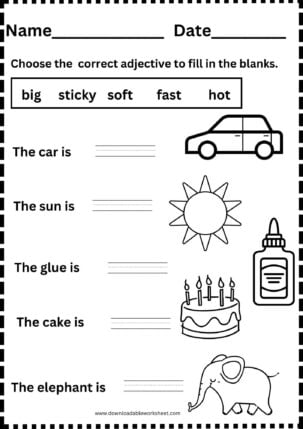
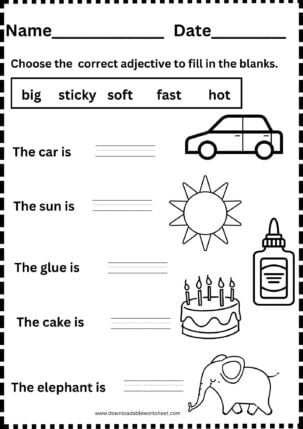
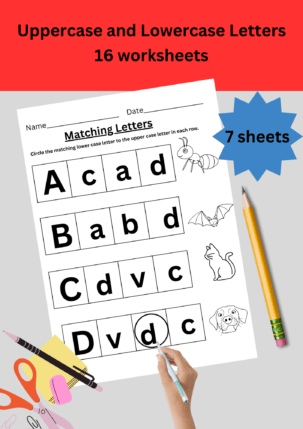
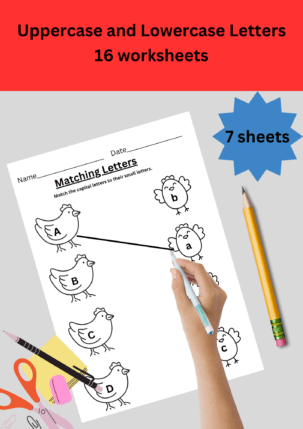
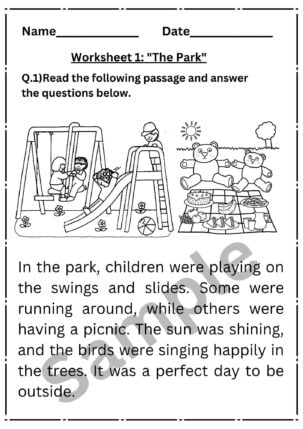
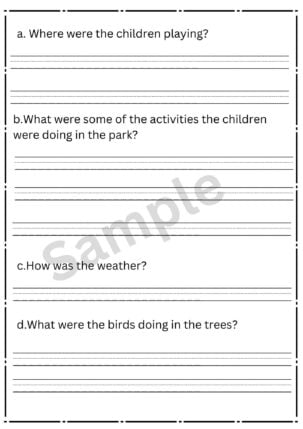
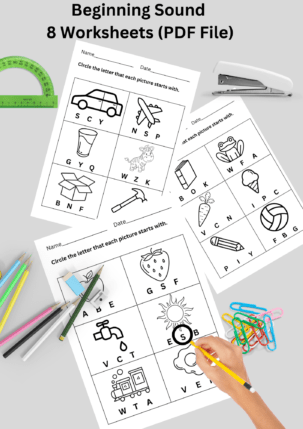
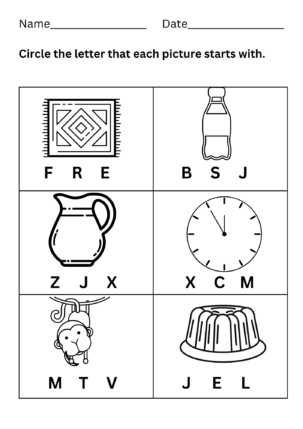
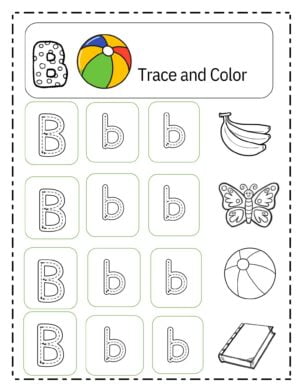
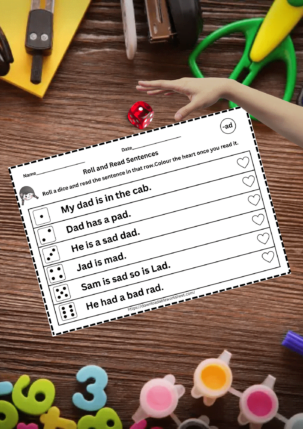
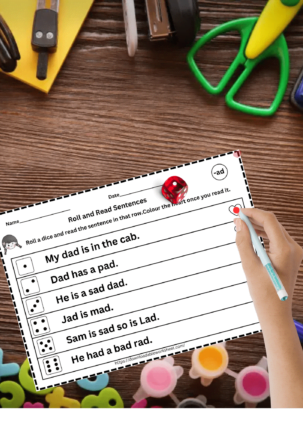
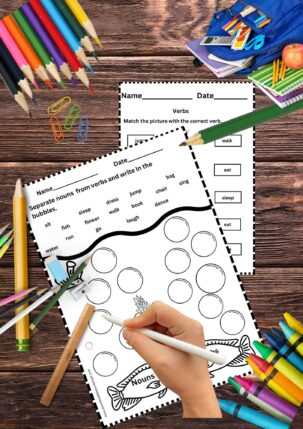
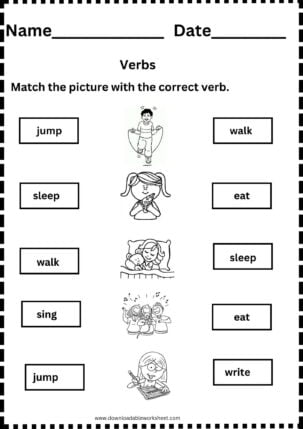
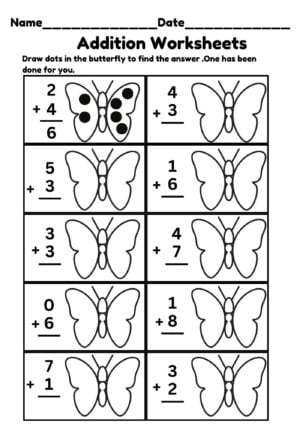
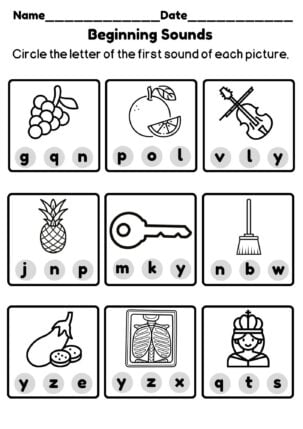
Reviews
There are no reviews yet.